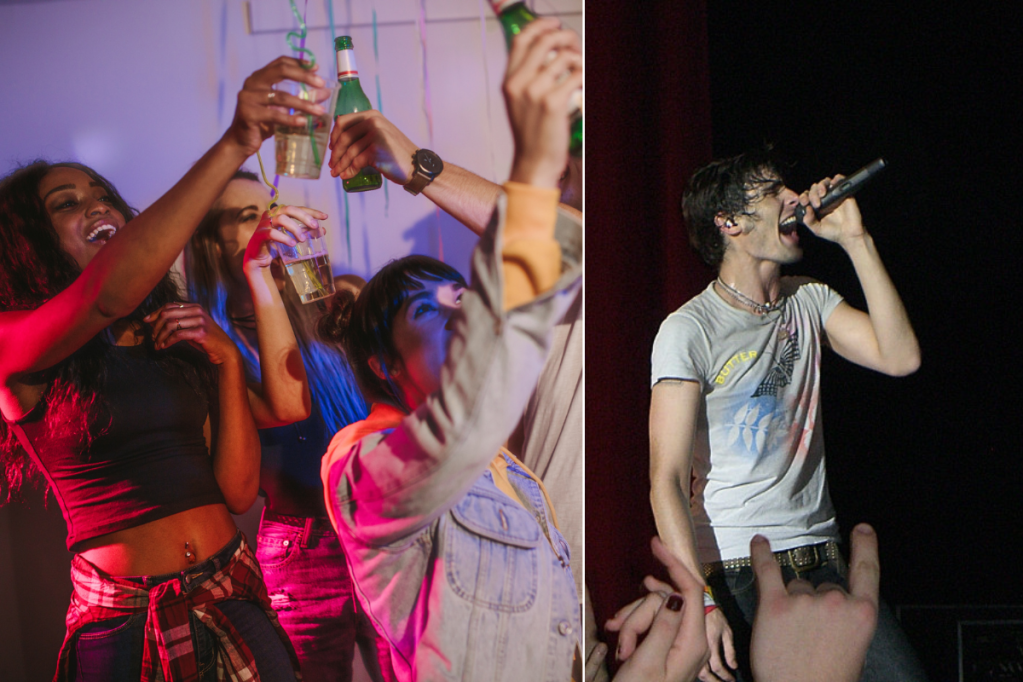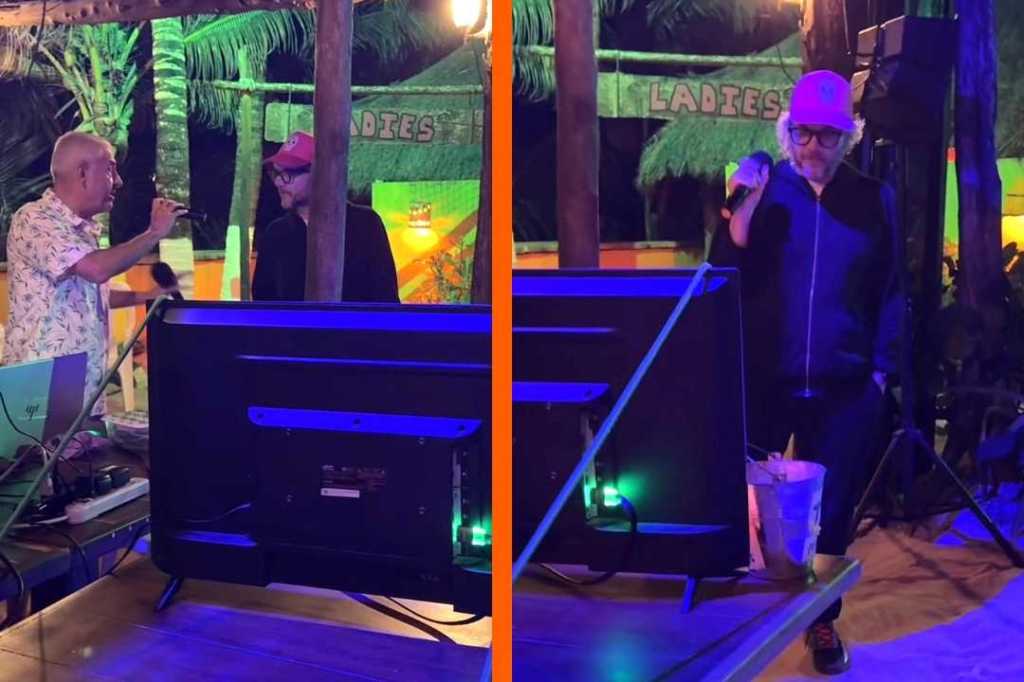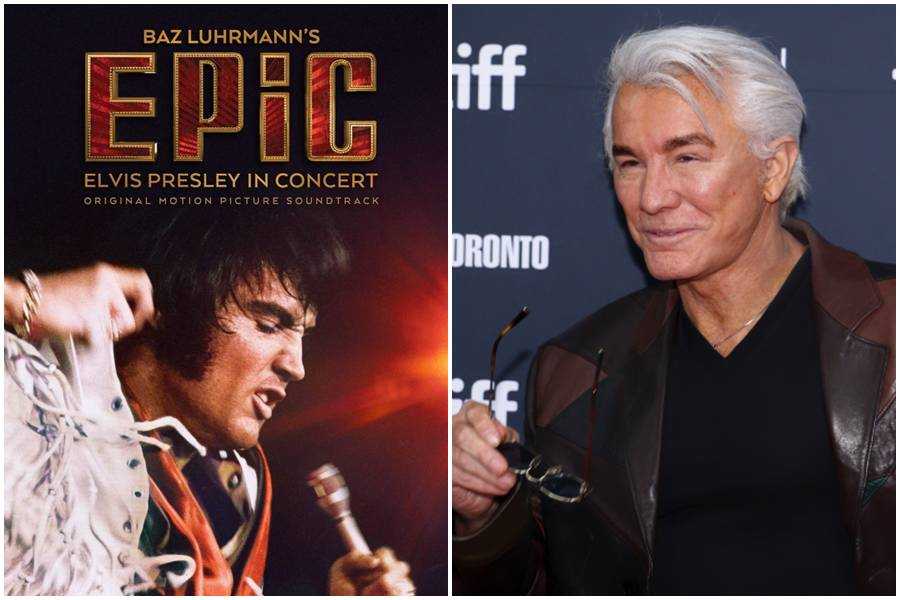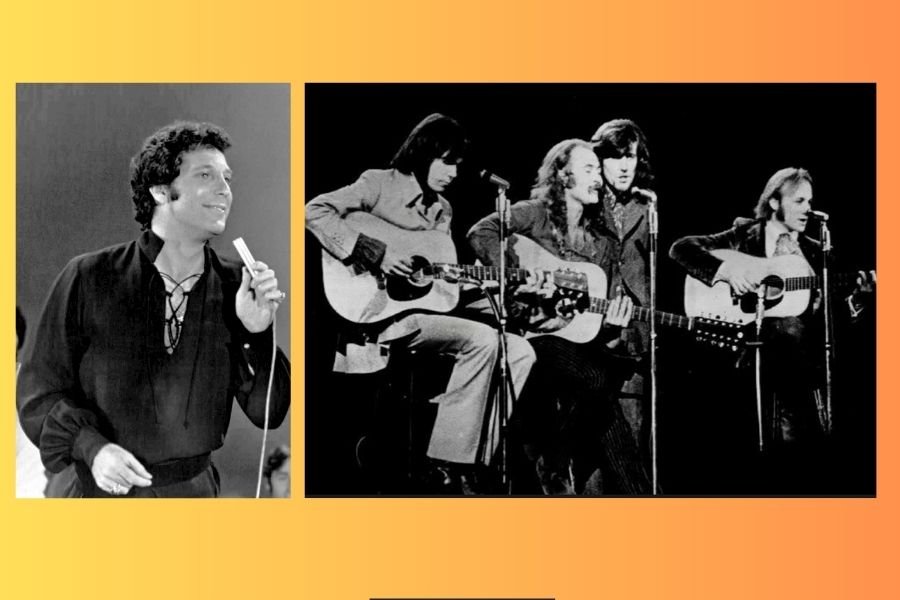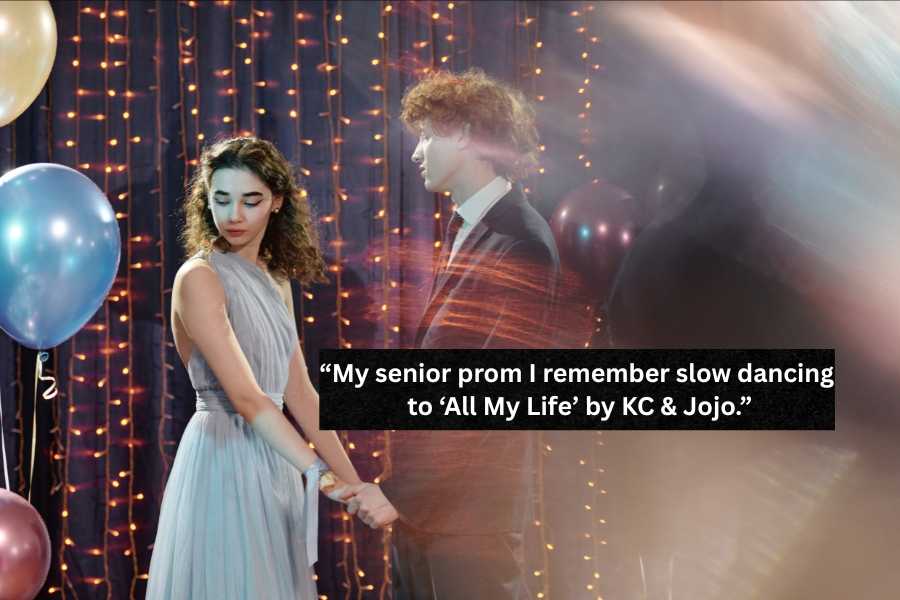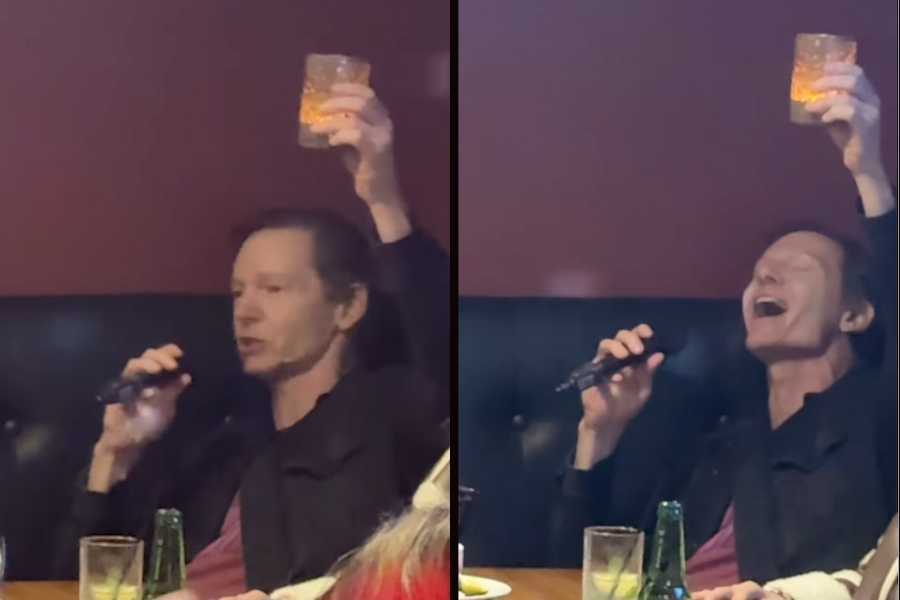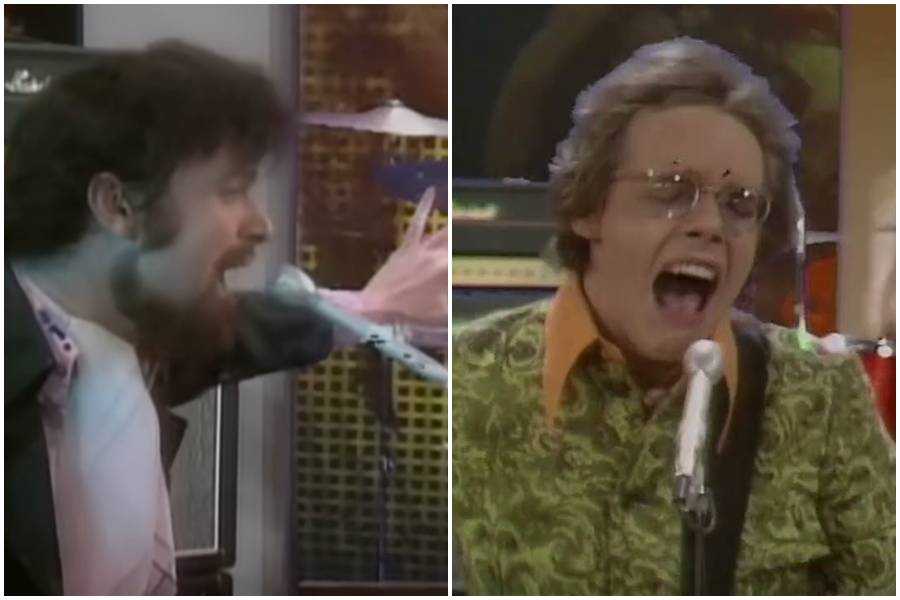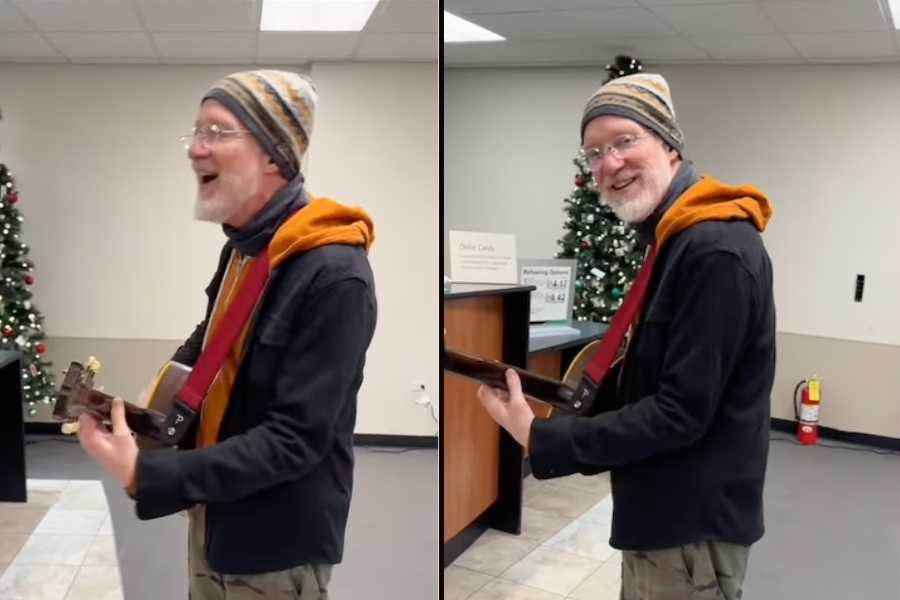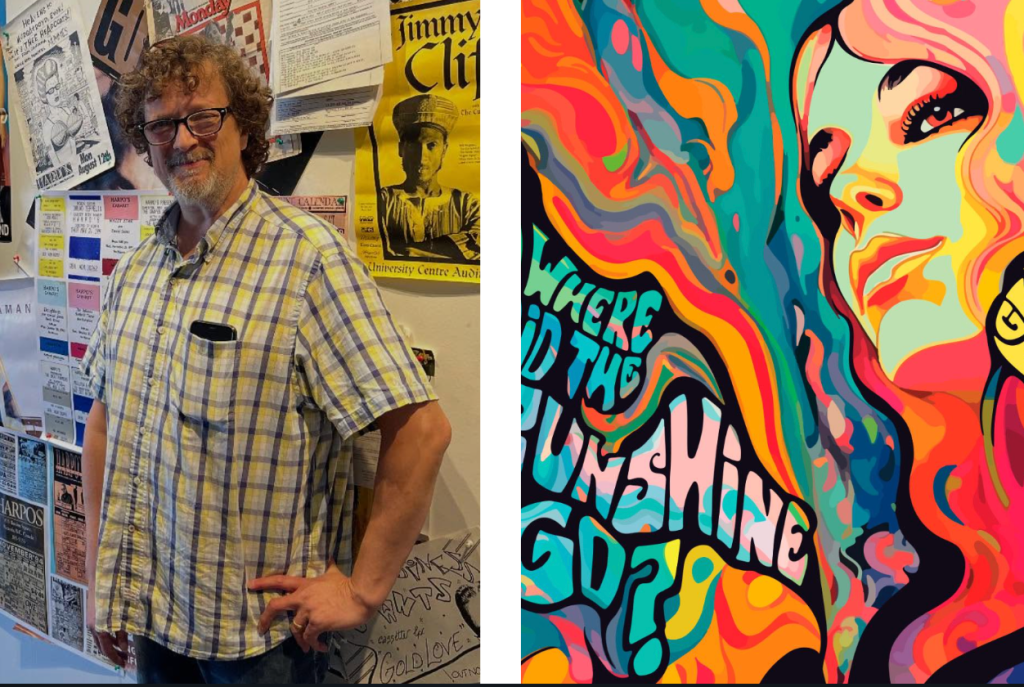I don’t know if it’s just because the memories are hazy or because times really were simpler, but I remember an era where you could discover that your favorite artist was touring near you, go buy tickets, and attend the concert. It was that simple to have a great time. Tickets were never that cheap, but could be affordable if you were willing to sit in general admission, lawn, or nosebleed seats. And as long as you didn’t wait until the last last last minute, you could usually get seats to most shows.
If you’ve seen a live concert any time in the last few years, you know that experience is a relic of the past. Instead, even for artists with mid-level popularity, you’ll be prompted to join an online “Pre-sale” that starts at a specific time, get thrust into a “Waiting Room” with thousands of other people, and spend hours watching the page to discover that all the tickets have long since sold out. Your only choice, then, is to buy them on re-sale where, surprise surprise, they cost three to five times their face value…or more.
The average concert ticket has gone from $91.86 in 2019 to $135.92 in just a few years. In the 90s, the average ticket cost $25.81, or the equivalent of about $51 adjusting for inflation. That’s a staggering increase. And while there were always scalpers, large-scale bots and software help scam resellers scoop up tickets at an absurd volume, making the experience miserable for everyone else. And then there are the fees and service charges, which often add on another 50% to the ticket price.
One of your favorite pop punks bands from the 2000s has had enough, so they’re going old-school for the latest tour.
Remember the All-American Rejects? They were huge in the early 2000s with mega hits like “Swing, Swing,” “Move Along,” “Dirty Little Secret,” and more.
You probably haven’t heard too much about them for the last decade or so, but they’ve been plenty busy playing the hits and working on new material. In fact, pop punk has been experiencing something of a renaissance the last few years. Bands like Yellowcard are suddenly more popular than ever.
The All-American Rejects aren’t about to let all this genre-momentum go to waste, but instead of trying to sell out the biggest venues possible, they’re going back to their roots with a “house party tour.”
With a simple online form, fans can request that the band come to their area, or to their party!
From there, all the shows are secret “pop up” concerts—where the location isn’t announced in advance, only texted to fans who’ve signed up with little warning.
The results are pretty epic. Clips of the secret shows are popping up all over social media and they’re overflowing with energy and passion and a shared love of live music. No processing fees necessary. As an old-head myself, it’s also pretty awesome to see a younger generation getting introduced to the angst-ridden beauty of pop punk. In my opinion, kids today have way too many songs about love and sex and not nearly enough about not fitting in and feeling like a loser. That is a crucial feeling in a young person’s development!
Rejects front man Tyson Ritter says the band wanted to push back against the modern shell-game of filling concert venues.
In an interview with Vulture, he explains that not-only is ticket scalping and the massive reseller market a big problem, but even big-name artists are filling arenas with less-than-legit sales:
“The first 25 percent of the arena gets sold from people buying $300 tickets, and they don’t even know that the local promoter is getting hundreds of free tickets to fill the rest of the venue. I can’t believe that’s not something people don’t put a class-action suit against, because it seems to be robbery. If I sold you a sandwich for $100 so I could give away my last sandwich to a guy on the street, then why did I pay $100 for that sandwich, man? Just give me a $5 sandwich and let’s all eat together.”
He says the idea for a house party tour came from the band wanting to rediscover their love for the music as they hit middle-age, and wanting to go back to what captured their hearts in the beginning.
“The spirit of where we started was we were four kids that weren’t cool and got to play at a high-school party. And that night [at our first pop up show], we felt cool. Kind of like when kids would pass a tip jar around for us to be able to pay for gas to get there and back. So after that night, we all put our heads together to see what would be possible.”
It’s not the first time artists have been fed up with the “ticket monopoly.”
Pearl Jam famously demand that venues keep charges to under $20 for their 1994 tour. When venues turned them down, Pearl Jam made a complaint with the justice department. In the 2000s, The String Cheese Incident tried lots of creative methods to sell direct-to-fan tickets. But most artists who have rebelled against the monopoly have run into the stark fact that Ticketmaster and Live Nation have unprecedented control over what music venues can and can’t do.
But you know what ticketing companies can’t control? A backyard, a keg of beer, and a couple dozen rowdy young people. That’s the spirit of early punk rock and pop punk. It only makes sense that one of the genre’s iconic bands would be leading yet another charge against The Man.

